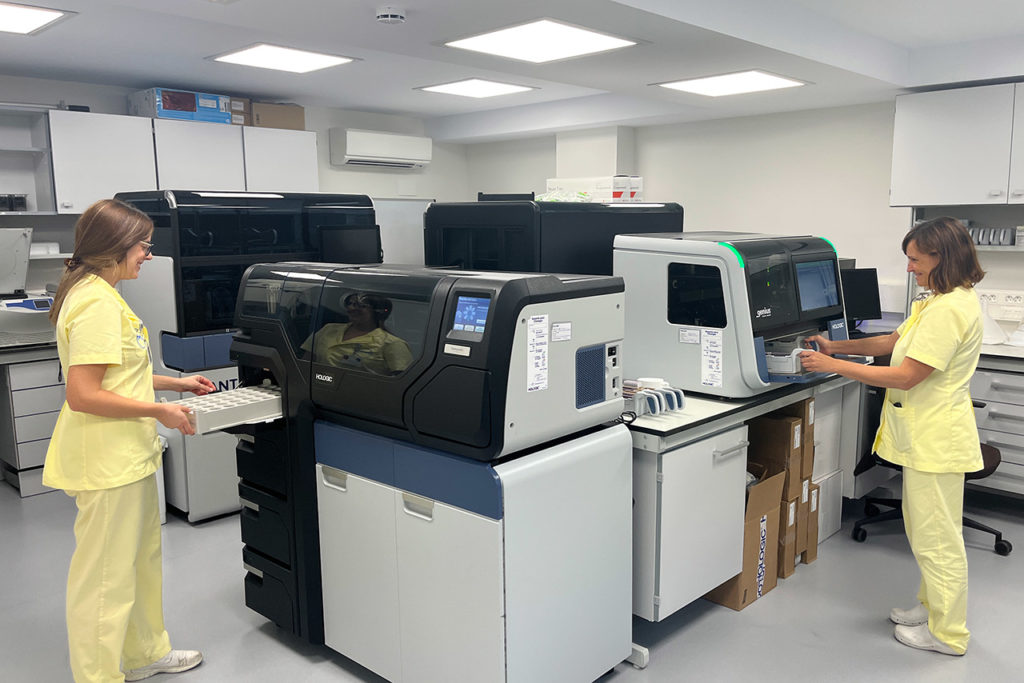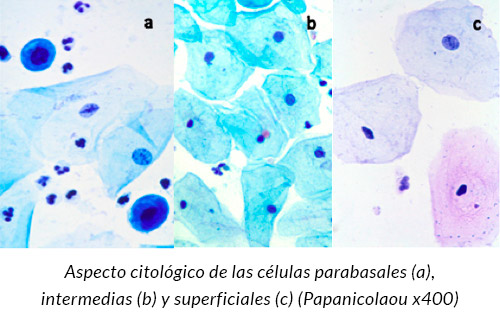
Dexeus Mujer has incorporated a new technique that will speed up and facilitate smear test analysis. It consists of a digital system that uses “liquid-based cytology” and involves introducing the samples in a liquid medium, which has an immediate preservative action, dissolves lumps, separates the cells under study from other compounds, and reduces the risk of contamination. Once the cytological preparation has been obtained, it is digitised. This technique can be applied both to the study of cervical and vaginal smear tests, which are routinely performed in gynaecological check-ups, and to the study of biopsies in order to analyse cell samples from breast tissue.
By means of artificial intelligence algorithms, the system manages to separate the images that deviate from normality, which simplifies the observation of extensions, having to interpret only the selected images, instead of the entire extension.
“Although diagnostic sensitivity is similar to the current method, it is an automated system, which reduces observation time and provides a faster diagnosis. In addition, liquid-based cytology allows for better preservation and facilitates sample analysis”, explains Dr Francesc Tresserra, Director of R&D&I in Gynaecology and head of the Cytology Laboratory at Dexeus Mujer.
“Another positive aspect is that it provides a temporary reservoir of the patient’s cells in case additional analyses are needed, such as the determination of the human papillomavirus (HPV), and therefore avoids having to resort to a new sample collection”. The Cytology Laboratory at Dexeus Mujer currently analyses around 80,000 cytologies per year. This new system will increase the speed of analysis and bring this figure up to more than 100,000 from January 2023.
